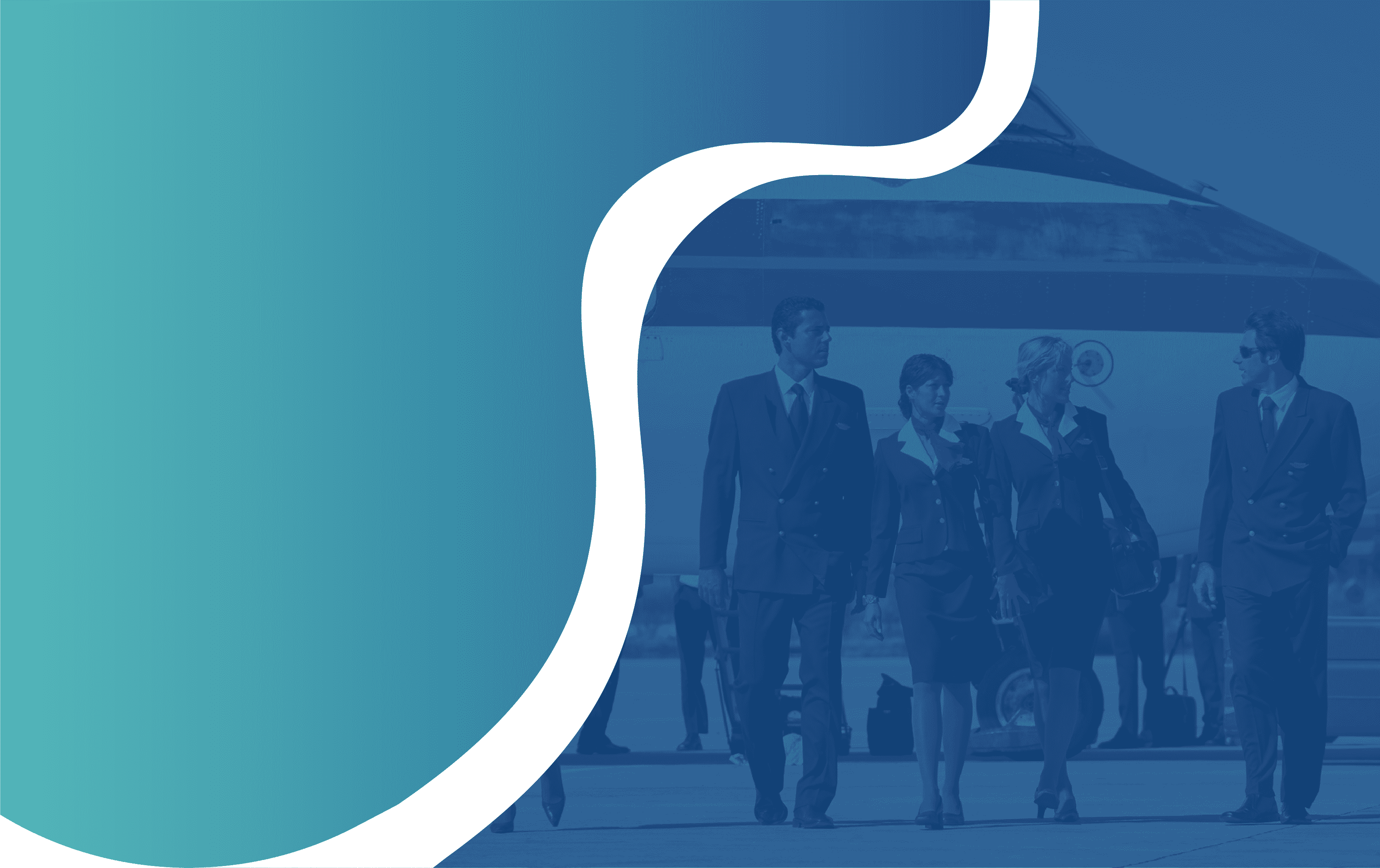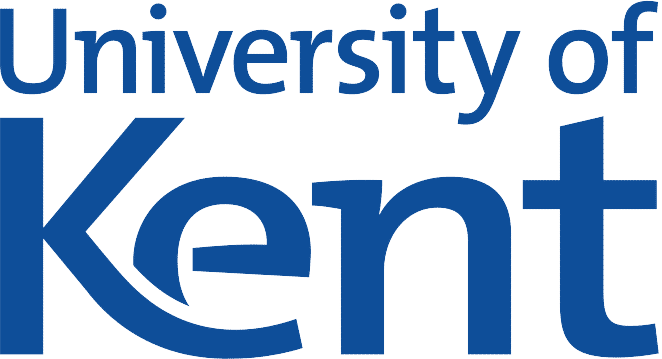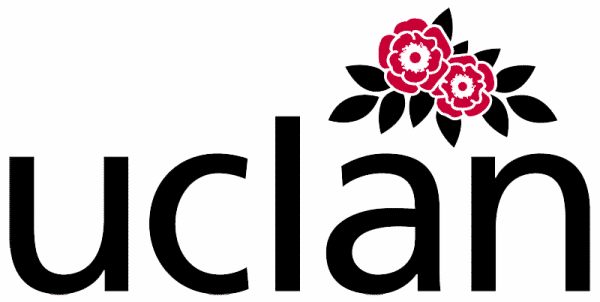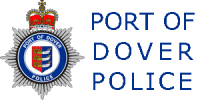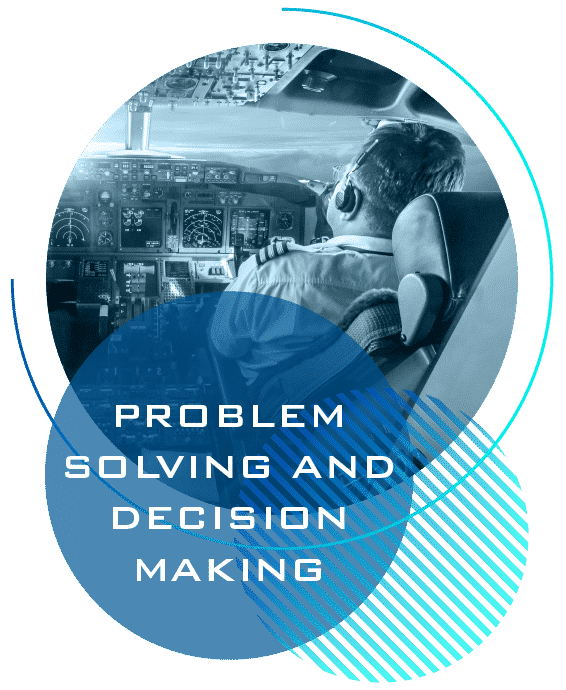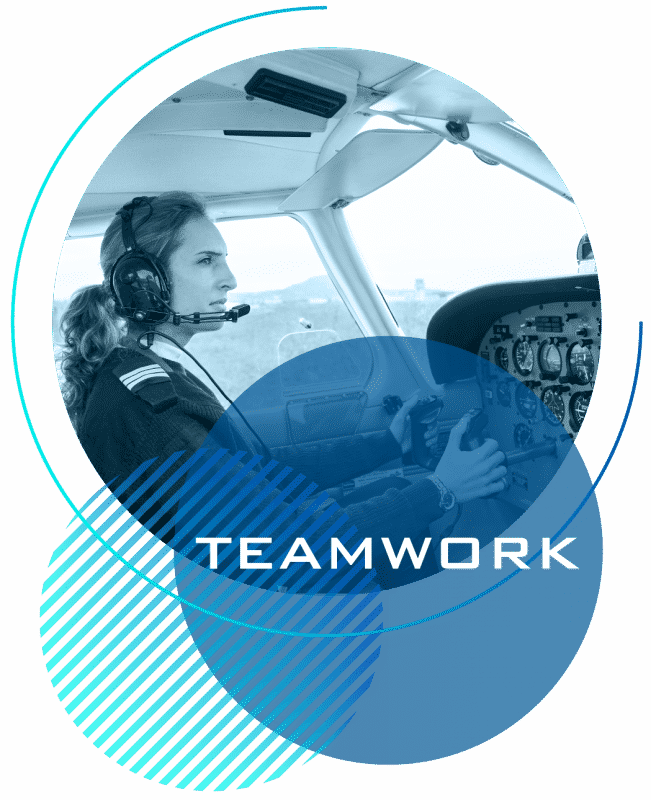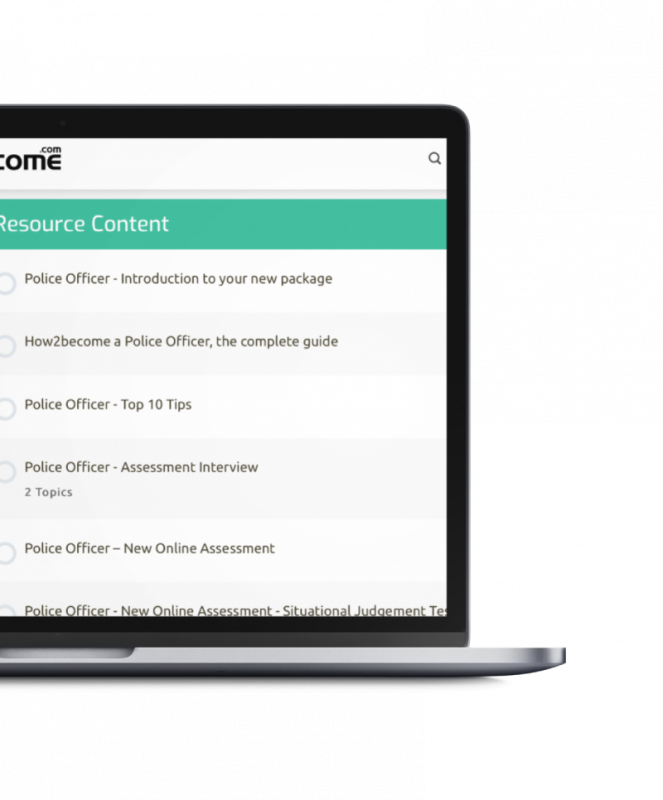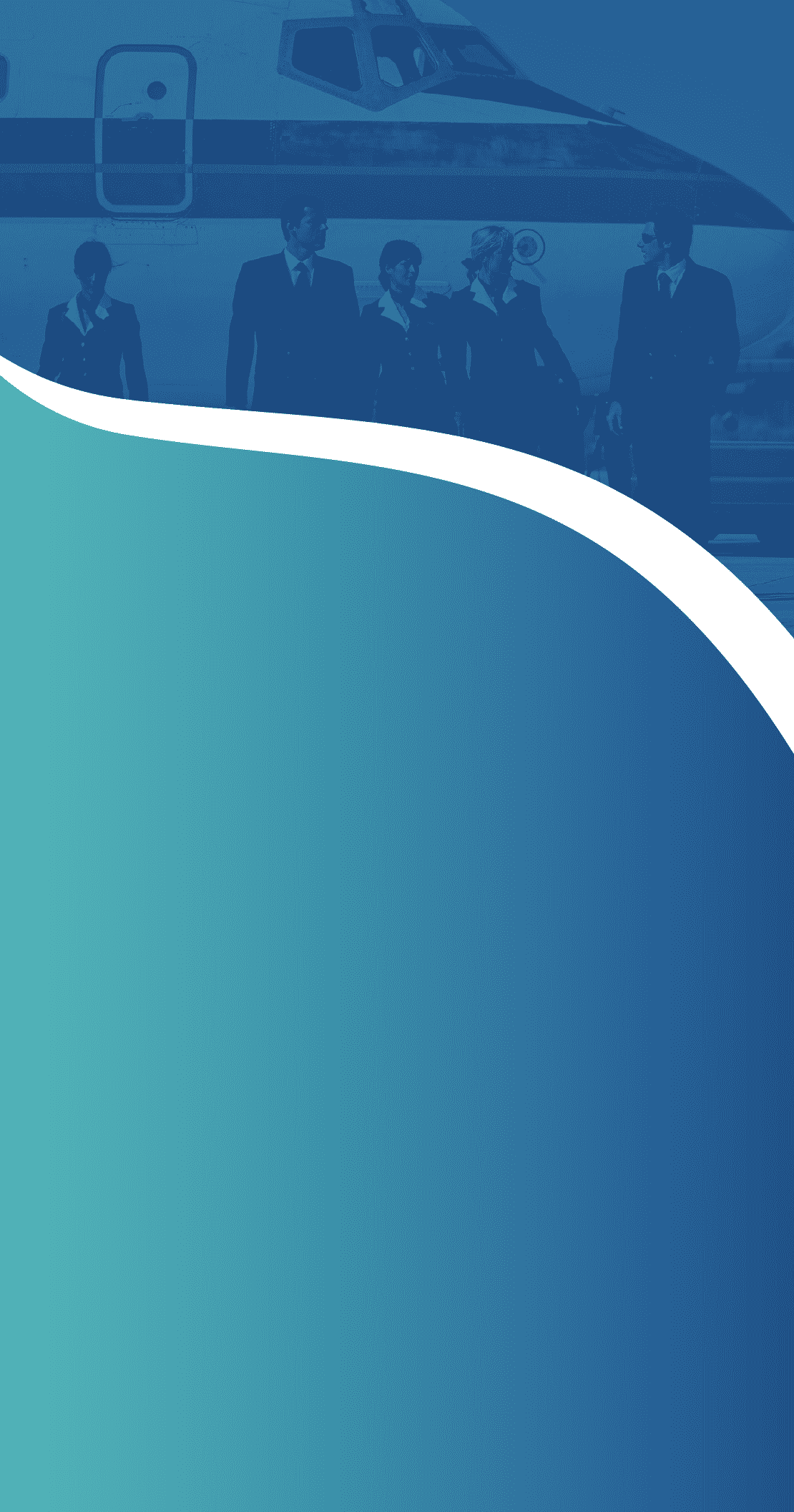
AIRLINE PILOT INTERVIEW QUESTIONS & ANSWERS
Sample interview questions proven to help you pass your airline pilot interview in 2024.
Start Preparing Now 👉“Absolutely awesome book, really great succinct information without waffle. My husband is now an FO in the UK, after using this book to help him with interviews while he was flying in Indonesia. An absolute MUST.”
How2Become customer
Practice Material That Works
Discover insider secrets and a masterclass of airline pilot interview advice and practice material that has helped 100s of candidates pass their police assessment interview.
Unlock Your Potential
Whether you’re just starting out or you know what to expect, you will get access to interview questions, which include excellent sample responses that will catapult your chances of success.
Powerful Resources
Get instant access to the material right now which includes all of the most up-to-date and expert advice for the technical and non-technical interviews.
AIRLINE PILOT INTERVIEW QUESTIONS AND ANSWERS
Airline Pilot Interview Questions and Answers is the ULTIMATE insider’s guide for anyone who is serious about becoming a pilot. This resource will teach you how to prepare for and pass the technical and non-technical interviews.
After all the hard work of getting an interview, many people fall down during the non-technical interview for becoming an airline pilot.
We will provide you with the non-technical skills and attributes that the airlines are looking for, followed by lots of “typical” non-tech questions, so that you can get a better idea of how to answer them.
HOW TO PREPARE FOR THE AIRLINE PILOT INTERVIEW
In most cases you should strive to give a sensible and relevant answer of some sort to the airline pilot interview questions you will be asked. There will be a million and one answers to each type of question; it’s just a case of staying calm and answering wisely, without digging a big hole.
TOP INTERVIEW TIP – PAUSE, THINK AND THEN ANSWER…
We would strongly recommend that you practice and rehearse your answers to the questions contained both on this webpage and also within the workbook. In addition to writing down your prepared answers to the questions, we also recommend that you say the answers out loud enough times so that you sound natural and spontaneous.
Before you start the Non-Technical Questions however, we have covered many of the required skills for the role of an Airline Pilot below. As you read through them, think about your own experiences and make a note. Let’s start by taking a good look at what Non-Technical Skills the Airlines looking for.
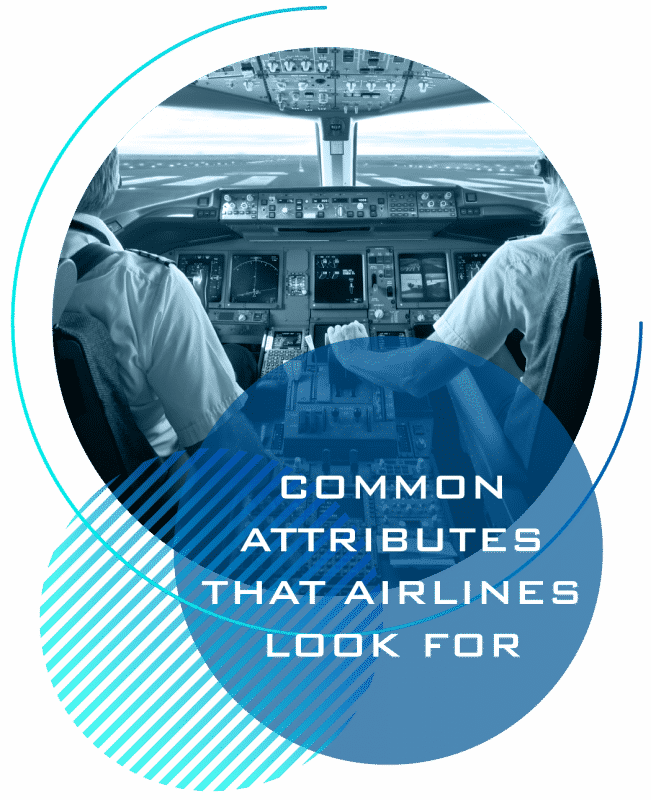
COMMON ATTRIBUTES THAT AIRLINES LOOK FOR
- A strong positive attitude.
- A safety conscious attitude.
- Somebody that performs well under stress/pressure.
- A team player.
- An ability to learn.
- Someone that’s well rounded and personable.
- Someone with an ability to influence other people without dominating them.
- Someone that is customer-oriented.
- Good ability to communicate.
- Able to facilitate, plan and organise.
- A good sense of humour.
- Ability to work with all types of people.
- Cost and profit aware.
- A love of flying.
LEADERSHIP AND MANAGEMENT
With regard to leadership and management the Airlines require the following abilities/skills:
- To be able to inspire people with enthusiasm.
- To be approachable and visible.
- Motivate the team with appreciation.
- Change style as the situation changes.
- Show interest, empathy and respect.
- Team involvement and task completion.
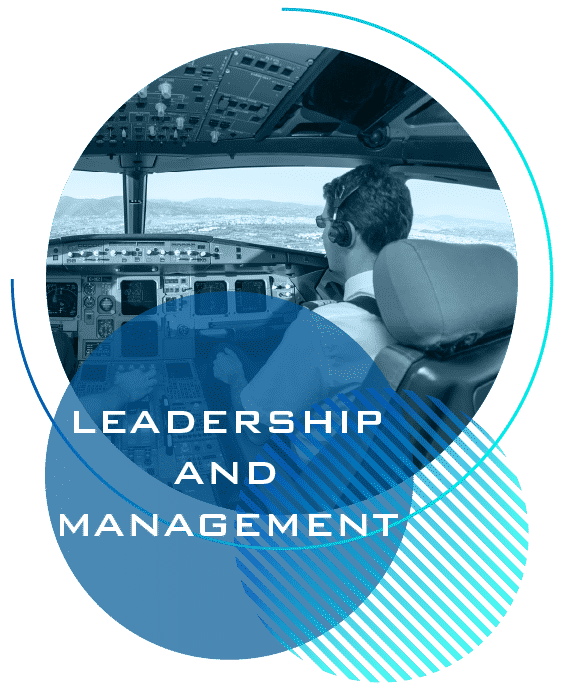
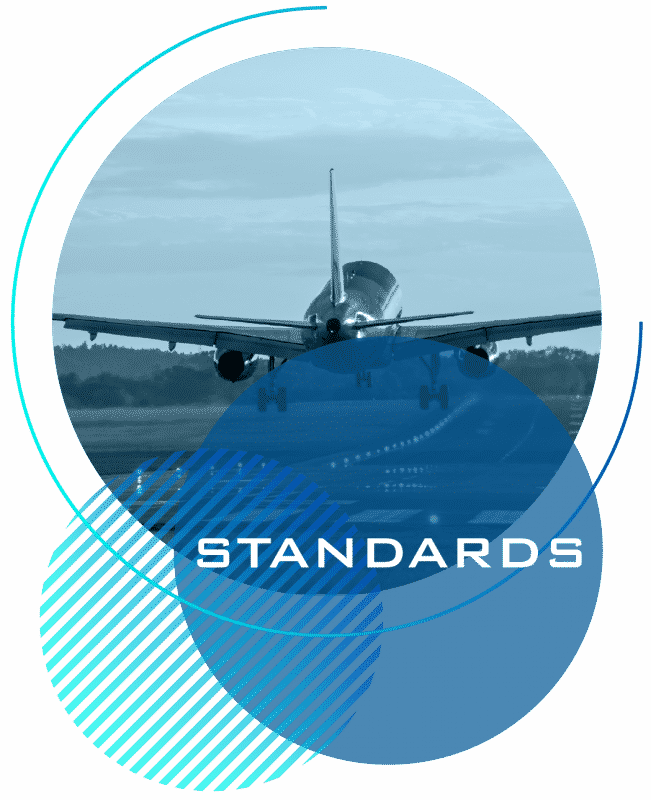
STANDARDS
- Compliance with rules.
- Intervene if task deviates from standard.
- Deviate from standards if situation requires it.
WORKLOAD
- Tasks prioritised.
- Distribute workload appropriately.
- Allocate enough time.
- Authority and Assertiveness.
- Advocate own position.
- Take control if required.
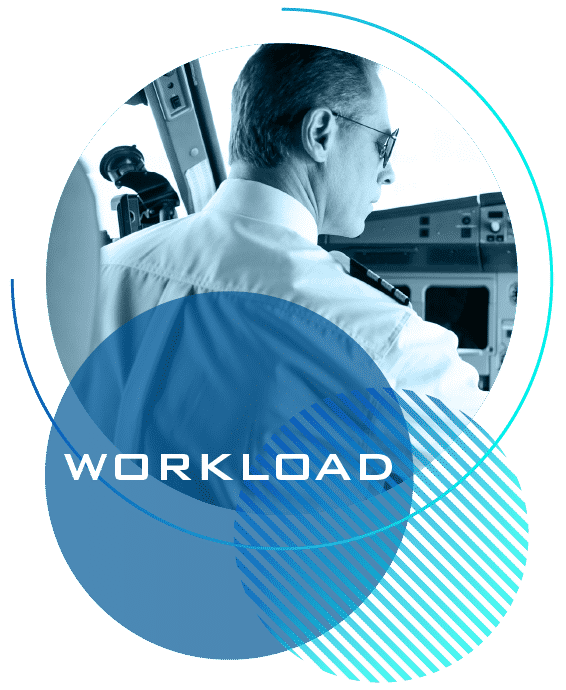
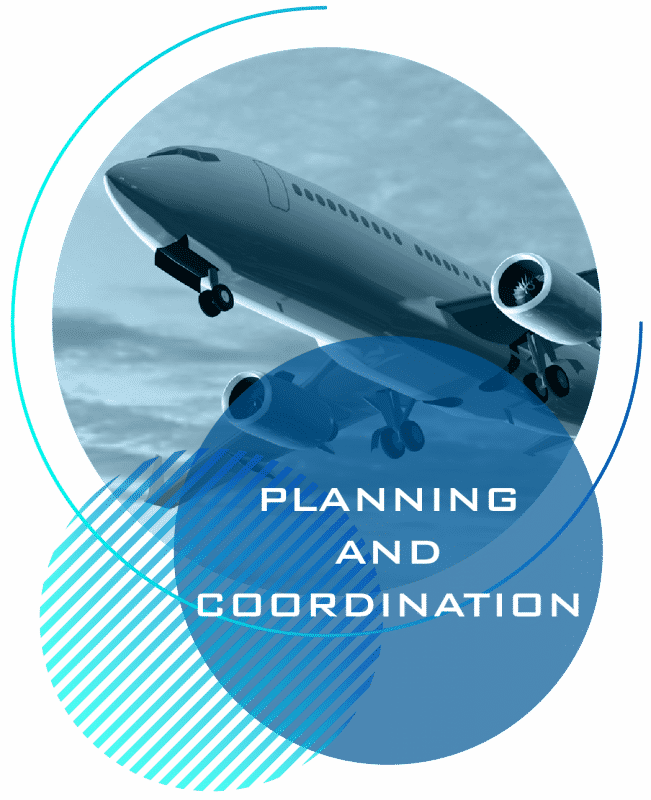
PLANNING AND COORDINATION
- Project ahead.
- Plan clearly shared and if necessary adapted.
- Make full use of all available resources and data.
- Encourage team participation in planning.
- Encourage review of progress of plan.
COMPETENCY-BASED INTERVIEWS
A few airline-interviewing panels are now using CBI (competency based interviews). Top marks will be given to answers containing PAR (problem action result) whilst nil marks will be given if you can’t think of an example! Marks are given for the amount of evidence and the quality of the example. You can ask to return to a question later – but you MUST answer it. It’s vital that you answer all questions.
AT THE AIRLINE PILOT INTERVIEW
Take all of your necessary documents with you. Be on time – if necessary stay the night before and make a dummy run so that you know where it is. (We know of somebody that turned up late and he didn’t get the job.) Make sure that you are smart and presentable. Absolutely no jeans or trainers!
- Appear confident and do not slouch. Have a firm handshake, maintain eye contact and smile!
- Do not waffle and remember to pause, think and then answer (even if you know the answer). Speak clearly.
- If you don’t know the answer, ask for clarification before telling them that you do not know.
- Be polite to all members of staff; they may ask one of them what they thought about you! Remember that they all want you to pass, be yourself.
- Practice the following questions. Think carefully about, and find your best answer to, each question. Write down your prepared answers to each airline
Pilot interview question that is supplied both on this webpage and also within the workbook.
SAMPLE INTERVIEW QUESTIONS
Q. Tell us about yourself
Q. Have you any previous convictions?
Q. What has made you change career?
Q. Give an example from your past where you persuaded someone to see things from your point of view?
Q. Give an example of a time when you had to meet a deadline?
Q. Give an example of witnessing poor standards of work. How did you react? How did they react to what you said? What was the outcome?
Q. Not including the information on your CV, tell us a little bit about yourself?
Q. Tell us about an occasion when you placed the cultural needs of others ahead of your own?
Q. How would you motivate and inspire others to work?
Q. When have you had to be cost efficient but still achieve the goal?
Q. Give an example of when you had to show compassion and empathy towards others?
Q. Give an example of a mistake you have made when working and what you did to prevent it happening again?
Q. How do you deal with someone that has a different attitude towards work than you do? Give us an example.
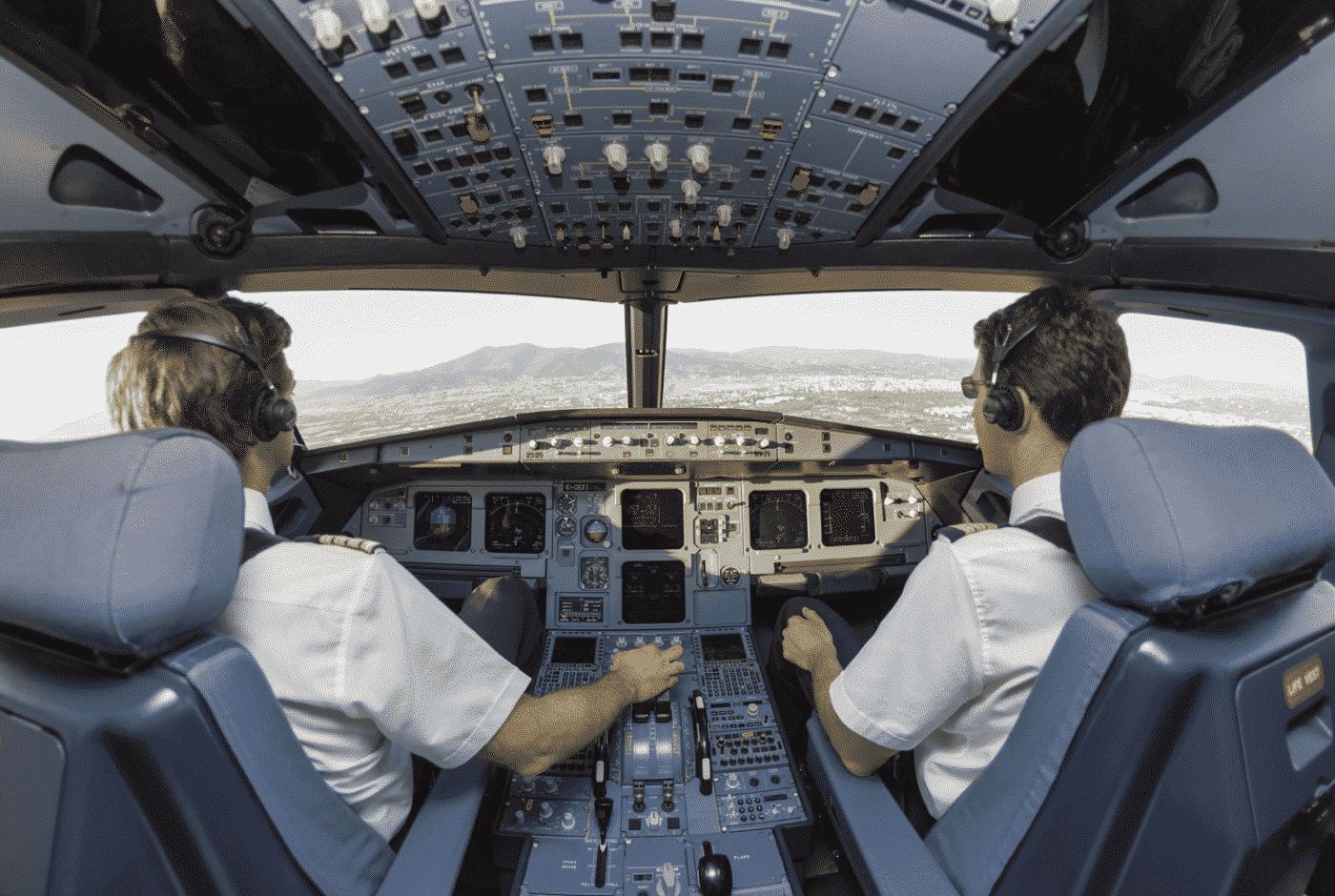


PASS THE AIRLINE PILOT INTERVIEW

- Introduction
- Chapter 1 – The CV and Covering Letter
- Chapter 2 – Preparing For Your Interview(s)
- Chapter 3 – The Non-Technical Interview(s) (This is where most people fall down!)
- Chapter 4 – Psychometric Testing and sample testing questions
- Chapter 5 – The Technical Interview with scores of sample questions and tips on how to answer them
- Chapter 6 – The Simulator Assessment
- Chapter 7 – Airline pilot Group Exercises
- Chapter 8 – Online Resources

Pass the Airline Pilot Interviews First time.
Crafted for everyone, no matter your skill level or background, this resource was made to help you achieve one goal: to pass your airline pilot interviews.
Scoring Criteria
Essential information about how you will be assessed during the interview stages of the selection process.
UP-TO-DATE FOR 2024
All questions have been verified by our assessment panel experts for the 2024 airline pilot interview.
SAMPLE RESPONSES TO EACH INTERVIEW QUESTION
Sample answers to help you construct your own winning airline pilot interview responses.
CAREFULLY CONSTRUCTED RESPONSES
Constructed answers for each question so you can be confident in learning and improving your score.
INSIDER SECRETS
Insider tips on how to answer the questions and a breakdown on how you will be scored.
SCORE-BOOSTING STRATEGIES
Get ahead of the competition with unique and proven strategies 16 years in the making.
Customer Success Stories
Having helped 1,000s of aspiring pilots for over 16 years, it is no wonder our customers love us…

Excellent preparation for airline interviews. Useful questions and guidance for preparing for airline interviews including sample questions etc. Would recommend.

Great examples of interview questions and good techniques to prepare.

Worth reading if you are considering the process!!

5 stars. Highly recommend, the best and only.

Bought this for my son who has just completed his cadet training with CTC Aviation and is now looking for a job with an airline. Very helpful text. Good supplier. Thanks
Did you know? All orders with How2Become are protected by our 30-day money-back guarantee (see our terms for full details).

WHAT’S INCLUDED IN YOUR GUIDE?

- Lots of sample interview questions to help you get ready for your airline pilot interview;
- Practice psychometric testing questions for the verbal, numerical, spatial, mechanical and personality tests.
- Advice and tips included that have been written by our panel of assessment experts.
- Written in conjunction with currently airline pilots.
- A full breakdown of how to build your own answers;
- How you will be assessed – pass first time;
- A comprehensive overview of both interview sections, with tried and tested advice on each and every single one!
- How to prepare for the group exercises.
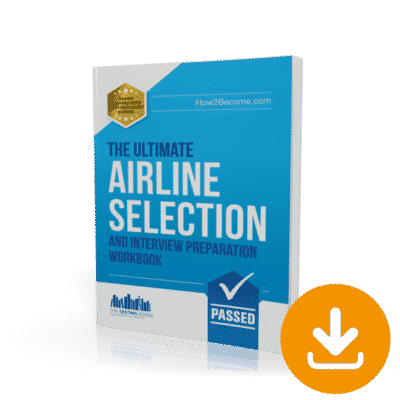
✓ 30-Day Money-back Guarantee
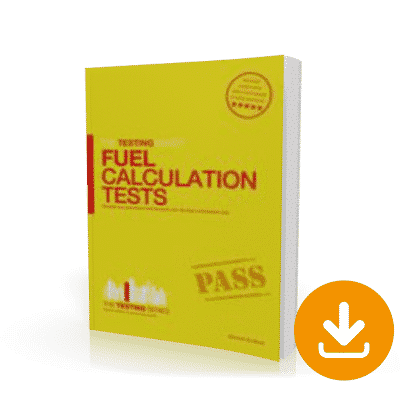
✓ 30-Day Money-back Guarantee
Did you know? All orders with How2Become are protected by our 30-day money-back guarantee. What ever the reason…or no reason at all…you can have your money back if this resource isn’t right for you (see our terms for full details).
WHY BUY WITH HOW2BECOME?
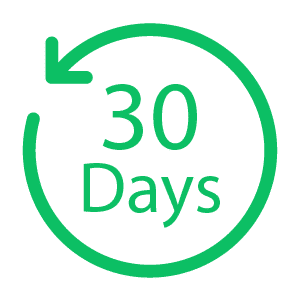
MONEY-BACK GUARANTEE
CREATED BY THE EXPERTS
PROVEN TRAINING
EXCLUSIVE FREE BONUSES
Firstly, these guides are created by us and our team of experts – we have all the answers to your questions and will help you succeed (like we’ve been doing for the last 16 years), we update our material frequently and you can contact us at any time with any questions you have.
Secondly, we provide exclusive bonuses with all our products that you won’t find anywhere else. These bonuses include free guides, powerful online testing suites and more!
Thirdly, our guides and training just work. Take a look at our TrustPilot page where you will see our rating of 4.9/5. There, our customers share their positive buying experiences and more importantly the time-saving success our resources have given them (hint: they’re airline pilots now).
Finally, we have eliminated all risk for you. All of our online training resources are protected by our 30-day, no questions asked, money back guarantee. Whatever the reason…or no reason at all…you can have a full refund if this training isn’t right for you. So there is no risk.
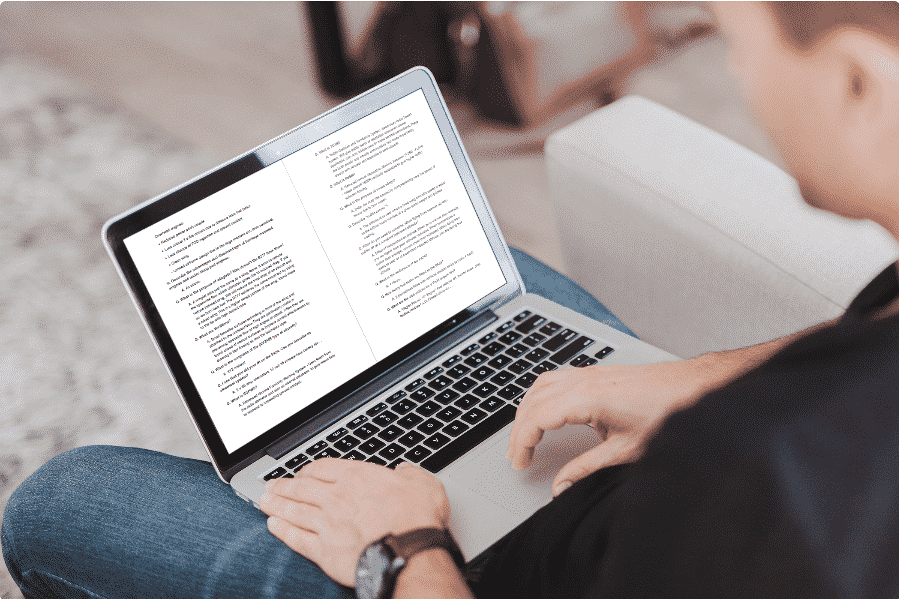
Learn how to PASS THE AIRLINE PILOT INTERVIEWS
We’ve helped 1000s of aspiring applicants in their journeys to become pilots across the UK. Trust the UK’s #1 careers and education specialists to help you secure your role.
Get instant access »“It’s about time a book like this came on to the market! It’s full of great tips and deals with the most troublesome parts of the non-technical airline interview, as well as the technical interview. Application forms, CV and covering letter, group exercises, psychometric tests and simulator assessments. It’s got all bases covered and surely must be worth many times the asking price! Do yourself a favour, invest in yourself and buy it now!”
